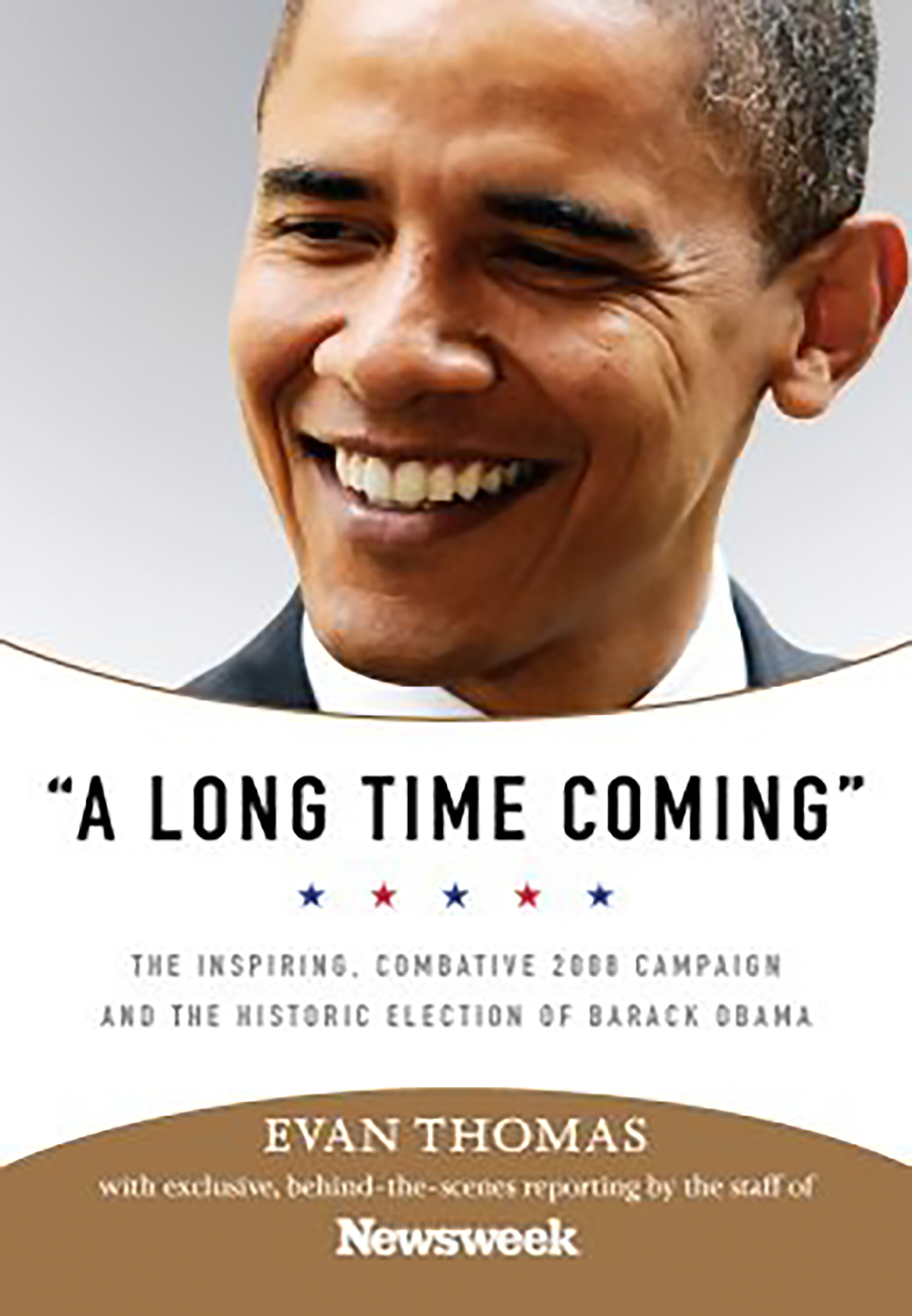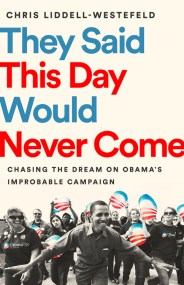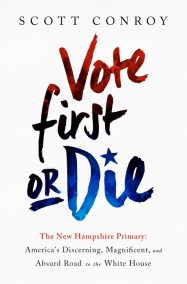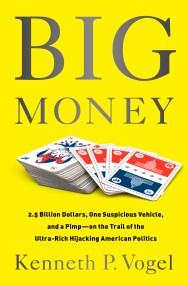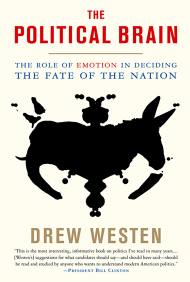By clicking “Accept,” you agree to the use of cookies and similar technologies on your device as set forth in our Cookie Policy and our Privacy Policy. Please note that certain cookies are essential for this website to function properly and do not require user consent to be deployed.
A Long Time Coming
The Inspiring, Combative 2008 Campaign and the Historic Election of Barack Obama
Contributors
Edited by Evan Thomas
By Staff of Newsweek
Formats and Prices
- On Sale
- Jun 17, 2009
- Page Count
- 256 pages
- Publisher
- PublicAffairs
- ISBN-13
- 9780786747955
Price
$6.99Price
$8.99 CADFormat
Format:
ebook $6.99 $8.99 CADThis item is a preorder. Your payment method will be charged immediately, and the product is expected to ship on or around June 17, 2009. This date is subject to change due to shipping delays beyond our control.
Buy from Other Retailers:
In this book, a compelling narrative by Evan Thomas, Newsweek shares the inside stories from one of the most exciting elections in recent history, illuminating the personalities and events that influenced the outcome, and taking stock of the key players and key issues for the new administration. This will be an absorbing read for anyone interested in American politics.
Newsletter Signup
By clicking ‘Sign Up,’ I acknowledge that I have read and agree to Hachette Book Group’s Privacy Policy and Terms of Use

